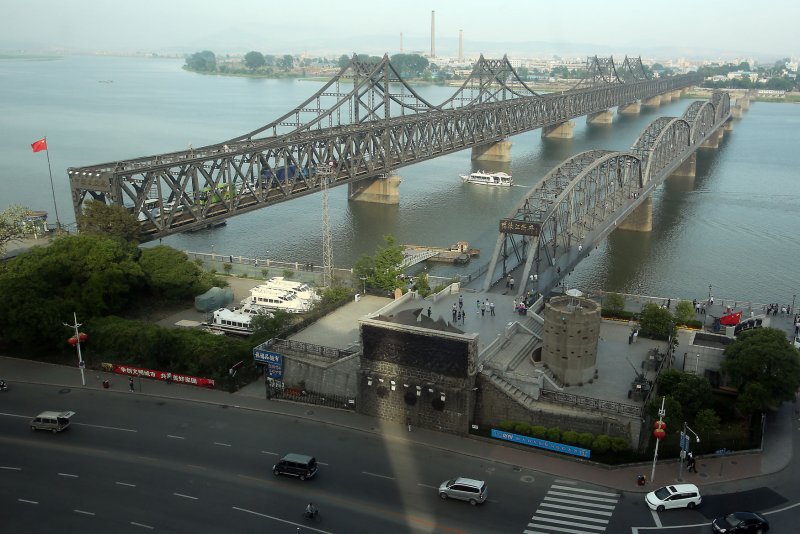The United States and South Korea agreed to restrict North Korea coal exports as part of coordinated sanctions. The two sides also agreed to step up cooperation on North Korea human rights. File Photo by Stephen Shaver/UPI |
License Photo
SEOUL, Oct. 28 (UPI) -- The United States and South Korea agreed to strengthen sanctions against North Korea coal exports as part of coordinated measures to exert pressure on Pyongyang.
U.S. Deputy Secretary of State Antony Blinken and South Korea's Deputy National Security Adviser Cho Tae-yong agreed in Seoul on Friday to work together on more effective measures during a high-level strategy session, South Korean news service Newsis reported.
North Korea's coal trade with China is thriving, and Kim Jong Un is reportedly ordering all revenue from coal sales be allocated to a personal slush fund, which experts have linked to Pyongyang's continued development of nuclear weapons.
Blinken and Cho said the United States and South Korea can never recognize North Korea as a nuclear power, adding North Korea has shown no interest in engaging in denuclearization dialogue, although during informal talks with former U.S. officials North Korean diplomats showed interest in revisiting a 2005 denuclearization statement.
Washington and Seoul also agreed to step up strategic cooperation on North Korea human rights, curbing North Korea's forced labor practices overseas and increasing diplomatic isolation.
In a separate statement delivered at Seoul National University, Blinken told an audience of South Korean students if North Korea provocations continue more measures would be taken that extend beyond the deployment of THAAD, a U.S. missile defense system, Yonhap reported.
Blinken also said the United States is open to revisiting the six-party talks on denuclearization while adding that, in his personal opinion, nuclear armament would not make South Korea safer, a reference to recent debate in Seoul on acquiring nuclear weapons in response to the North Korea threat.
Japan and South Korea have been in discussion on working as regional partners to cope with Pyongyang's provocations, and the two sides revisited an intelligence-sharing agreement that was suspended in 2012.
The Pentagon welcomed the news Tokyo and Seoul are planning to implement the Japan-Korea GSOMIA, Yonhap reported Friday.
Japan's Defense Minister Tomomi Inada also said Japan-Korea cooperation is "very important" and said the exchange of such information would be "meaningful," according to Yonhap.















